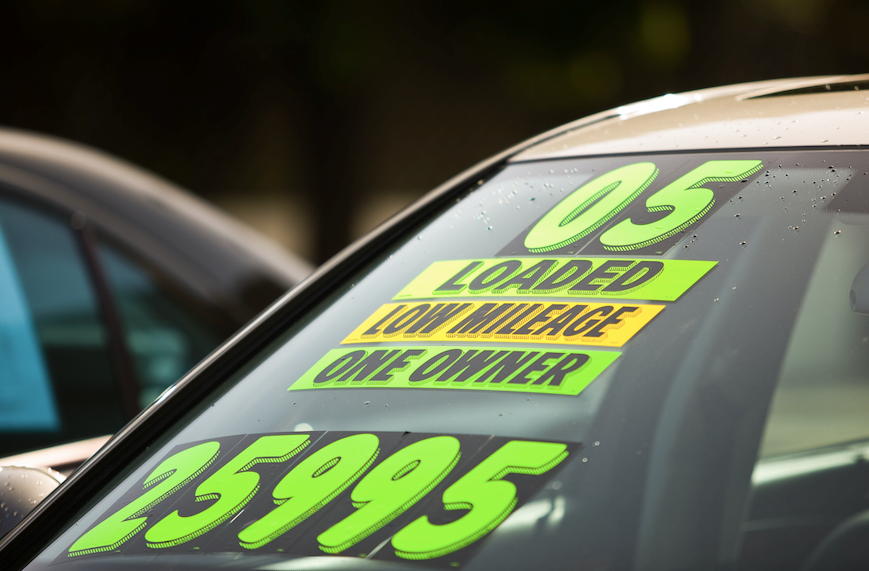Buying a car can be stressful and overwhelming. While sifting through online ads and dealerships, it can be hard to find information you can trust.
The Better Business Bureau (BBB) aims to help reduce the stress of car shopping by connecting consumers with trustworthy businesses.
"Car dealerships are among the most-searched types of businesses at the BBB, with over 21,000 inquiries in BC so far this year," said Simone Lis, President and CEO, BBB serving Mainland BC.
"Purchasing a car is a significant investment and people want to be sure they’re making the best decision and working with the right business to avoid problems after the fact. Knowing some do’s and don’ts can help you navigate a potentially stressful time."
The Better Business Bureau wants to help consumers navigate and find the best car for their needs by offering these five do’s and don’ts.
Do - Understand and stick to your budget
Owning a car is expensive. Understand what you have to spend on a vehicle and what your costs can look like before and after buying so you stay within your financial means. Here are some great resources to get you started:
- 1) the Vehicle Sales Authority (VSA)’s Buying Guide has a great list of tips for potential costs to consider
- 2) CAA Driving Costs Calculator helps you determine the ongoing costs of owning a vehicle
Do - Shop around and look for the Sign of a Better Business
Once you have identified what kind of car you are looking for, shop around. Unlike online marketplaces, car dealers and salespeople in B.C. are licensed by the Vehicle Sales Authority of BC which sets minimum requirements in BC and offers certain protections. Purchasing privately means limited recourse if you have problems after the fact. If you're looking for a car dealer, BBB can help you find one you can trust at BBB.org!
Don’t - get scammed
Online searches to find a car can be a great way to research a vehicle but caution is also needed. Fake ads or websites, deceptive descriptions, payments in advance to secure a vehicle, and VIN scams are just a few of the things to look out for when shopping online. Never "act fast" and send money without seeing a car in person, and if the car’s price is too good to be true — it probably is. Learn how to protect yourself from car scams here.
Think you might be the target of a scam? The BBB Scam Tracker can help you track, report, and look up potential scams.
Do - Test drive and have the vehicle inspected
If you have found a used vehicle you are considering buying and have given it a test drive, find a mechanic to check it thoroughly before signing anything. You will have to pay for this, but it is crucial, as there could be problems you did not find or cannot see.
Ask for a written estimate of the costs to repair any problems the mechanic may find during their inspection, and use that estimate as a bargaining chip when you make your offer for the car.
Don’t - overlook the details. Make sure you understand the agreement & paperwork
Once you have made your buying decision, be sure to review every section of the sales agreement, including the fine print, and have the dealership representative fill in all areas or put a line through the sections that don’t apply. Also be sure to have any terms you do not understand explained to you. If a deposit is paid, understand the terms of that deposit — is it refundable or not, and under what terms. Make sure that any promises made that are important to you are captured in your agreement, especially those made verbally. Car purchases are normally non-refundable unless specified.



